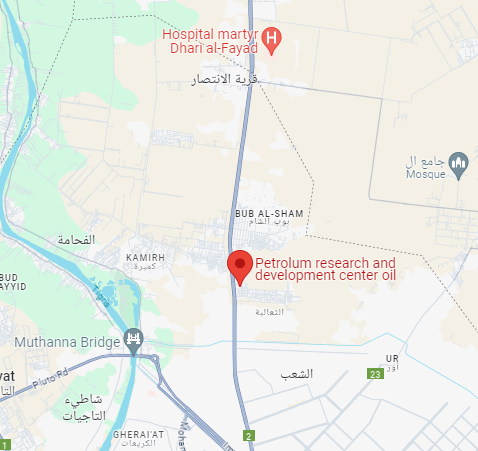Increasing production of gasoline and diesel fuel in medium and small refineries to meet the needs of Iraqi market
DOI:
https://doi.org/10.52716/jprs.v7i2.187Keywords:
Delayed coking; coke; diesel fraction; gasoline fraction; thermal cracking; vacuum residue; hydrotreating; catalytic reforming and isomerization.Abstract
Iraq is considered one of the countries exporters of oil in the world, but the output of motors fuels from the refined crude oil less than (45 wt %), which is associated with the lack of Iraqi refineries with secondary processes.
Iraq consist of five big capacity crude oil refineries which include (atmospheric crude distillation, hydrotreating, catalytic reforming and isomerization) and produce high quality motors fuel, in addition five medium and five small in capacity crude oil refineries include only atmospheric crude distillation which produce low quality raw products (light and heavy naphtha, light gasoil and reduced crude).
The total capacity of Iraqi oil in the last years changed from 28 to 35 million ton/year. Most of our refineries include old equipment, but in spite of the annual maintenance for these refineries the motor fuels products could not able to cover all the Iraqi requirements of motor fuels 27 million ton/year.
In these refineries produce reduced crude (fuel oil) in large quantity and because of this, Iraq imports gasoline fuel (30 wt%) of its requirements and LPG (17 wt%) of its requirements.
This situation impose on us to increase the output products quantity from the Iraqi crude oil by development the medium and small capacity refineries via installation thermal processes units instead of vacuum distillation units, by this actual research we will find that the deep of refinery will increase from 54 to 70 wt%, and production of motor fuel will change from 45 to 68 wt%.
Purpose of the work: development of the flowchart which is applied in Iraqi small capacity refineries (1.3 – 1.4 million Ton/year) by installation thermal cracking units to produce maximum allowable yield and quality of motors fuels.
This research depends on actual experiments which are done by me in Ufa state petroleum technological university on actual crude oil and reduced crude brought from Iraqi‘s refineries from the oil fields Basrah (Zubair) and Kirkuk.
Downloads
Published
How to Cite
Issue
Section
License
Copyright (c) 2020 Dr. Aed Jaber Imran, Dr. Adnan Abdul jabbar

This work is licensed under a Creative Commons Attribution 4.0 International License.














